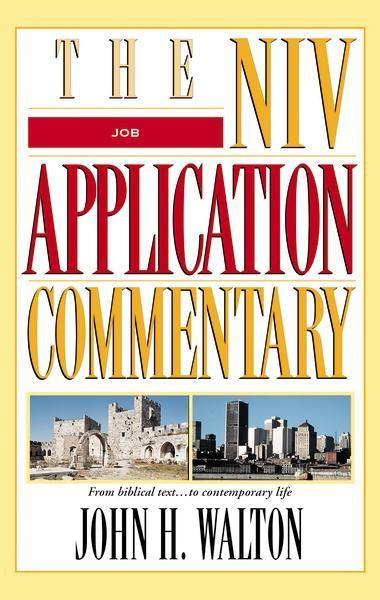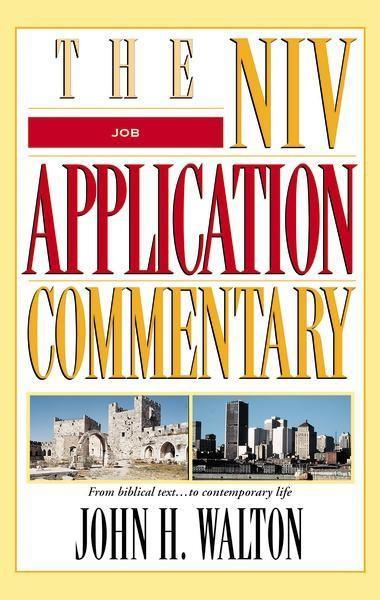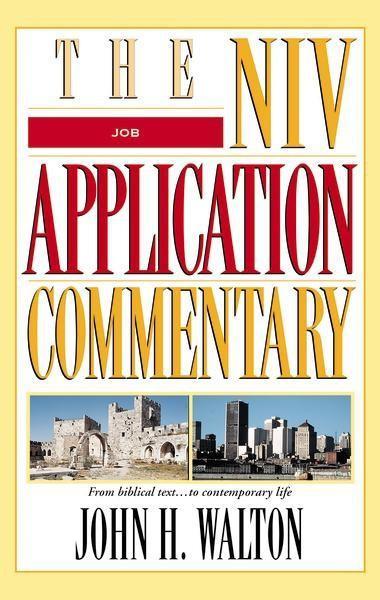Job (NIV Application Commentary)
Walton, John H.
The title character of the book of Job suffers terribly, but we should not mistakenly think that this book is just about Job. It is about all of us, and ultimately about God.
Many have thought that the book simply restates the perennial questions that plague humankind in a world full of suffering. But often our questions are too limited, and we must learn to ask better questions so that we might find more significant answers. The book of Job answers our original questions obliquely, letting these answers prompt deeper questions, and leading us to discover the wealth that the book has to offer.
Most people assume that the book of Job deals with the question of why righteous people suffer. Instead, John Walton suggests that the book is about the nature of righteousness, not the nature of suffering. As we learn to deepen our questions, God will transform how we think about his work in the world and about our responses in times of suffering
About the NIVAC Series
The NIV Application Commentary Series is unique. Most Bible commentaries help us make the journey from our world back to the world of the Bible. They enable us to cross the barriers of time, language, and geography that separate us from the biblical world. Yet they only offer a one–way ticket to the past and assume that we can somehow make the return journey on our own. Once they have explained the original menaing of a book or passage, these commentaries give us little or no help in exploring its contemporary significance.Recently, a few commentaries have included some contemporary application as one of their goals. Yet that application is often sketchy or moralistic, and some volumes sound more like printed sermons than commentaries.
The primary goal of the NIV Application Commentary Series is to help you with the difficult but vital task of bringing an ancient message into a modern context. The series not only focuses on application as a finished product but also helps you think through the process of moving from the original meaning of a passage to its contemporary significance. These are commentaries, not popular expositions. They are works of reference, not devotional literature.
The format of the series is designed to achieve the goals of the series. Each passage is treated in three sections: Original Meaning, Bridging Contexts, and Contemporary Significance.
-
Cover Type
-
ISBN
-
Page Count
-
Publisher
-
Publication Date
-
Books of the Bible










